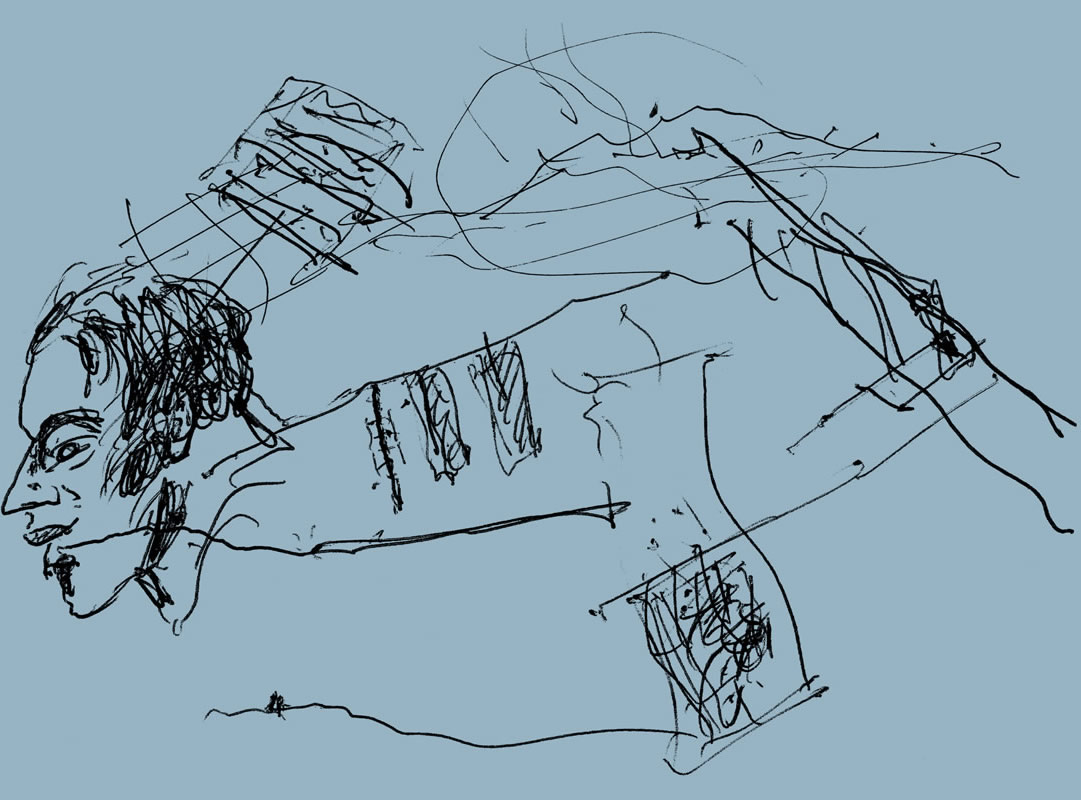An update from the AR’s editors
On 3 June, the AR published a short statement in solidarity with the Black Lives Matter movement.
Since then, we have been reflecting on the ways the AR’s editorial practice must evolve to fully advocate anti-racism and foster a practice of genuine diversity and inclusivity. We also include in our reflection the intersectionality of discrimination in terms of race, religion, gender, sexuality, socio-economic background, and (dis)ability.
For us, the term editorial practice encompasses, among other things, the processes by which decisions are made about the subjects and themes discussed as well as the writers, architects, photographers and illustrators who are published both in print and online. The AR is committed to consistently diversifying who is visible in all of its spaces and platforms.
In order to do this rigorously, fully and permanently, we recognise that we must challenge and unbuild the often invisible formal structures through which editorial decisions are made. We need to interrogate who frames, commissions, reads and edits the AR’s content.
We begin by acknowledging the cultural homogeneity and whiteness of our small editorial team. We are slowly starting to expand and diversify our individual and collective perspectives through a network of editorial contributors, testing ideas from multiple positions, and expanding and decentring the AR’s cultural knowledge production. This evolving process has opened up a difficult but vital conversation about intellectual labour, which many editorial projects typically exploit, and includes compensation and acknowledgement of that labour.
The AR’s current editorial practice is intensely collaborative, open-ended and constantly changing and developing. We recognise that careful and considered change is incremental rather than immediate. and are making a commitment to better understand and constantly reflect on questions of race and spatial practice.
It is our ambition to collectively guide the AR’s future editorial direction, with many different hands, from as many perspectives and angles as possible, in a way that is sustainable, equitable and rigorous, full of thought and care, but also radical, inclusive and transformative.
Edit, 20 November: in a previous version of this statement from 7 October, we had stated that we would like to acknowledge conversations with Lesley Lokko, Rosa Johan Uddoh, Thandi Loewenson, Ilze Wolff and Mpho Matsipa.
To clarify confusion which has arisen as to the nature of the involvement from these individuals, we would like to explain that the conversations that we referred to took the form of email exchanges that surrounded pieces that we were commissioning for the magazine. Email exchanges with Thandi Loewenson did not materialise into a collaboration and were not remunerated, while Lesley Lokko, Ilze Wolff and Mpho Matsipa have since worked with us as editorial contributors, and the growing list of editorial contributors who have worked with us can be found here.
 The Architectural Review An online and print magazine about international design. Since 1896.
The Architectural Review An online and print magazine about international design. Since 1896.

